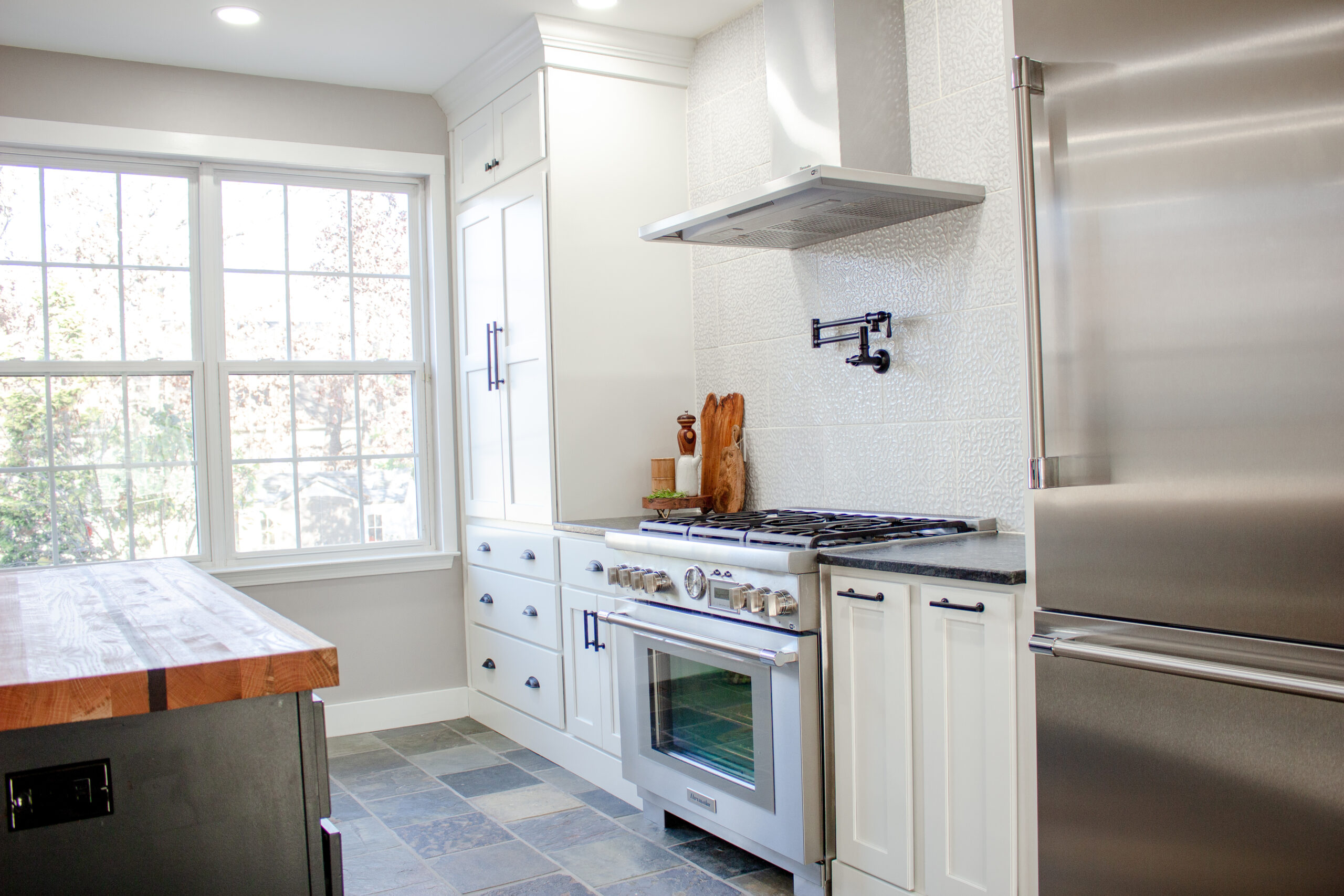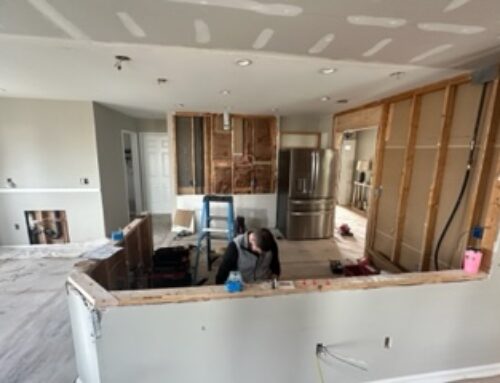How to Budget for a Kitchen Renovation: A Step-by-Step Guide
A kitchen renovation can transform your home, making it more functional, stylish, and valuable. However, without proper budgeting, costs can spiral out of control. Here’s a step-by-step guide to help you plan and stick to your kitchen renovation budget.
- Set a Realistic Budget
Before you start tearing out cabinets, determine how much you can afford to spend. A general rule of thumb is to allocate 5-15% of your home’s value to a kitchen renovation. For example, if your home is worth $300,000, aim for a budget between $15,000 and $45,000. To calculate this even further, if your home is worth one million dollars, your kitchen budget should be between 50,000 and 150,000.
- Break Down the Costs
Here are some guidelines on allocating your budget, as this can help prevent overspending. Here’s a rough estimate of how costs are typically distributed:
- Cabinetry & Hardware – 30-40%
- Appliances & Ventilation – 15-20%
- Countertops – 10-15%
- Flooring – 7-10%
- Lighting – 5%
- Plumbing – 5%
- Labor & Installation – 20-35%
- Prioritize Your Needs vs. Wants
Make a list of must-haves versus nice-to-haves. If you’re on a tight budget, focus on essential upgrades like efficient appliances and durable materials rather than luxury finishes.
- Get Multiple Quotes
Get at least two estimates to compare costs and ensure you’re getting a fair deal. Look for contractors with good reviews and a solid reputation. If you hire a project manager, they will gather all the quotes for you to review.
- Plan for Unexpected Costs
Set aside 10-20% of your budget for unexpected expenses. Hidden water damage, outdated wiring, or structural issues can quickly eat into your budget if you’re unprepared. Regardless of how much planning you do, there will always be a hidden cost to every project. The cost may be that you fell in love with a Subzero refrigerator and are only budgeting for a Thermador, or you planned on quartz countertops, and now you want marble.
Also, no one knows what’s behind those walls and under those cabinets until they are removed. That is just how it works in construction. However, having a good team of contractors and a project manager advocating for your interests in handling these issues is worth the investment, particularly when problems arise.
- Monitor Your Spending
Track expenses to stay within budget. Use a spreadsheet or budgeting app to log purchases and compare them with your initial estimates.
- The Benefits of Using a Project Manager
Hiring a project manager may seem like an added expense, but they can actually save you time, money, and stress. Here’s why they are worth the investment:
- Expertise & Efficiency—Project managers have experience handling renovations, ensuring work is completed on schedule and within budget.
- Cost Savings—They know the reliable contractors, and you won’t have to sift through quotes and referrals.
- Stress Reduction – They handle communication, problem-solving, and coordination, allowing you to focus on other priorities.
- Quality Control – A project manager ensures work is done to a high standard and helps avoid costly mistakes. They report all the information to you regularly so you stay informed and in control of your project.
Final Thoughts
A kitchen renovation budget requires careful planning, realistic goals, and discipline. Setting a budget based on quotes, prioritizing key updates, and planning for 10-20% of the budget going towards unexpected expenses allows you to create your dream kitchen and come in on budget.
To make the renovation smoother, consider hiring a project manager to oversee the work and ensure efficient operation. Ready to start your kitchen renovation? Call us for a consultation. We provide interior design and project management for all your home interior needs.




